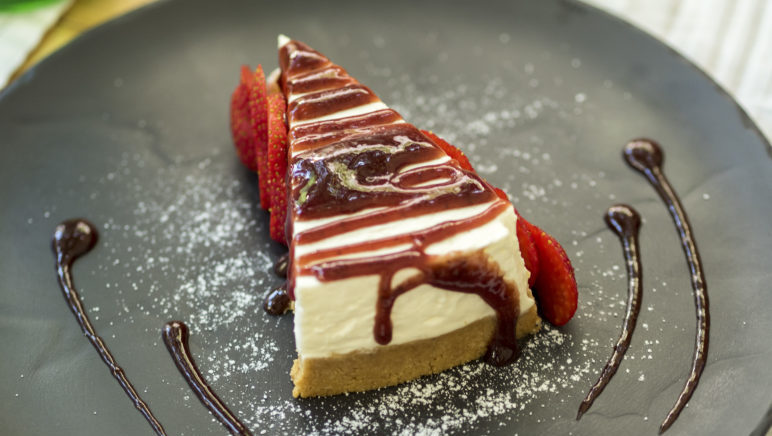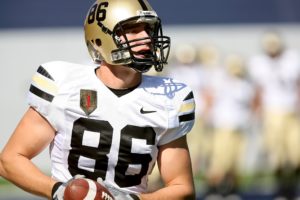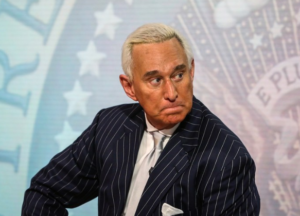Radio Law Talk Segment
CHEESECAKE FACTORY CLASS ACTION
*We do not get political. We just give the facts and the law.
*Remember this is entertainment, make it interesting and applicable to the general population.
INTRO:
Due to tip suggestions on bills at the end of one’s meal at the Cheesecake factory, there is now a class action against the restaurant since customers are claiming that such tip suggestion is a “practice which resulted in the misrepresentations to and fraud against its customers.”
FACTS (brief, 6 sentences):
When the bill is being split at the cheesecake factory is when the customers run into the issue of being over charged. At the bottom of each individual bill there is a suggested tip for different percentages of top from 18% to 22%. While these amounts are correct on an individual bill the suggested tips are from the total amount of the entire bill. So when the bill is split the suggested tips are not adjusted to each individuals owed amount. Therefore, customers are claiming misrepresentation and fraud.
ISSUES (Summarize both sides argument, both perspectives):
- The main issue is whether the practice of listing false suggested tips is indeed a false misrepresentation which rises to the level of fraud.
Fraud by law is a wrongful criminal deception intended to result in financial or personal gain. The customers who are a part of this class action believe that since cheesecake factory is listing the wrong amount upon the receipts for suggested tip, this amount to the restaurant misleading the customer to pay more for a good or service than they should be paying. The cheesecake factory customers are correct that it is a misrepresentation of the tip to their specific bill, however the true issue is whether a suggestion can be a misrepresentation leading to fraud.
Cheesecake factory contends that these amounts at the bottoms of the receipts are simply suggestions. Which if anyone has worked in the service industry and even the majority people know tips are just that, suggestions. One does not need to not only leave the suggested amount; a person could leave without leaving a tip at all. The fact that the Cheesecake factory leaves these suggestions at the bottom of the receipt is to aid customers so they can avoid doing simple math. However, by doing a quick calculation a customer can easily come to the proper amount and when seeing the suggested amount is more, they could leave their portion of the tip, which is however much they desire. Therefore, since the customers are not being forced to pay this amount and it is not included in their bill, they themselves must include it. Cheesecake further contends that tips reflect how well their staff has done, so it is most definitely not a misleading if the customer does indeed find that the person does deserve a good tip.
If this incorrect amount had been included in the bill, such as a required gratuity, which is no longer legal in California, then this would constitute as misrepresentation since it does not give the customer to use their own discretion on the tip. However, since these numbers are merely suggestions, it does not rise to misrepresentation of fraud. Furthermore, this amount was not necessarily incorrect, it simply reflected the entire bill amount. Since restaurants do not have to split checks, and it is simply a curtousy they do for customers, they are not required to also split the tips for customers in these situations either.
LAW (with references, no need for blue book citations):
DETAILED FACTS (tell the story):
Customers at the cheesecake factory began to realize when they received split checks that the suggested amount for the tips did not reflect the percentage unique to their bill, but was a percentage of the entire bill. The customers specifically plaintiff Marcel Goldman stated that the suggestions of the tips which did not reflect their specific split bill was a “practice which resulted in the misrepresentations to and fraud against its customers.”
This past Friday a New York federal judge tossed out this class action brought against the cheesecake factory. The ruling concluded that the diner, plaintiff who was suggested to leave a $15.40 tip on her split check of $38.50, was given all the relevant information she needed before tipping. The main reason for thus outcome was that not only did the customers know what the total bill was, but on the total bill the same tip suggestion was on that bill as their split bills. Therefore, with a glance the customers could have easily come to the conclusion the tip was still from the total amount. Judge Azrack stated “Only rudimentary math skills would be necessary to reach this conclusion – it is simply not plausible that reasonable consumers lack these skills.”. Furthermore, the fraudulent activity was benefiting the servers not the defendant themselves, which further illustrates the allegation of fraudulent intent is implausible. Therefore, the case was dismissed without leave to amend.
OTHER FACTS (interesting facts, related facts, trivia, etc.):
- Restaurants do not have to split checks
- A customer should keep their copy of the bill. If they see a mistake later on their account if they call the restaurant the restaurant is able to fix any error made with the tip.
ARTICLE LINKS (so we can print them out):
https://www.law360.com/articles/954055/cheesecake-factory-beats-suggested-tip-class-action
MEDIA (less than a 2 minutes FUNNY sound bite. You can include a couple of options. We realize that for some topics there is not much):




